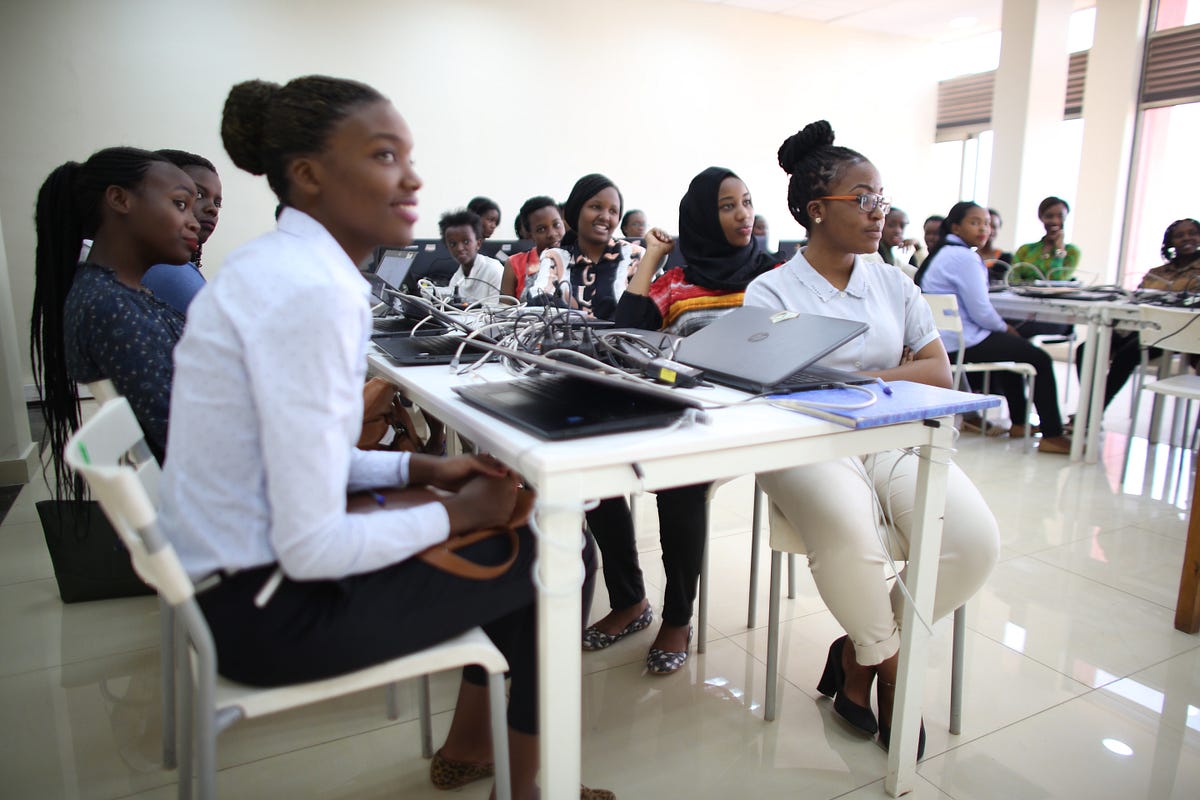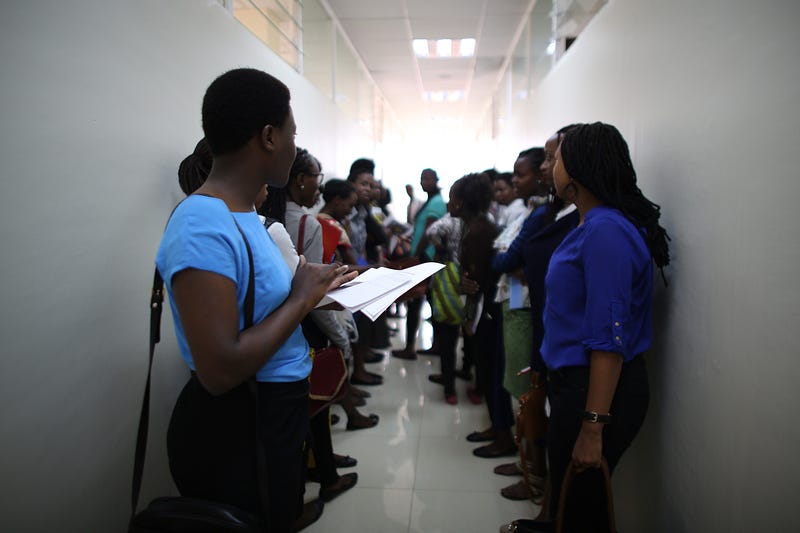What Akilah’s Curriculum Developers Want You to Know About Our New Academic Model

Akilah has converted all of its diploma programs to competency-based education.
Akilah’s academic model is going through an exciting transformation. Not only have we introduced an Evening & Weekend Program and welcomed 400 new students, we have also converted all our courses to competency-based education —known as CBE.
CBE is a learning approach that requires students to demonstrate competency in a range of concrete, measurable skills related to their diploma program. Students are assessed on what they know and can do, rather than the time they spend in the classroom.
CBE is now a national strategy in Rwanda, and Akilah is proud to be among the first institutions to adopt a CBE curriculum.
Akilah worked with four international experts in CBE to develop the curriculum for our diploma programs in Information Systems, Business Management & Entrepreneurship, and Hospitality Management as well as our leadership, math, and English coursework.
We talked to two of our curriculum developers, Brooke Martinez and Ariel Jagusztyn, to learn more about CBE and what it means for students.
What is the main difference between traditional classroom education and CBE?
Ariel: Traditional education is teacher-centered. It focuses on teachers delivering knowledge to students, and students memorizing it and working with it through a few projects.
CBE is student-centered. It focuses on students gaining practical skills and competencies rather than studying theory.
We set goals for the main takeaways students should gain from each course. In that sense, all our lesson plans revolve around competencies and skills within the different subjects.
How does it work in practice?
Brooke: In traditional education, you get one chance to prove your worth in a specific subject — by taking a test or submitting a final project. With CBE, for each competency, you can have seven different ways of assessing a student. Which, for the student, means seven ways of showing your capabilities.
The assessments are flexible throughout the year, and they aren’t always tests. They can be classroom activities, discussions, presentations, speeches, essays, and much more.They are based on what the teacher has seen in the students in the classroom.
Instructors can do assessments or competency checks as many times as necessary, so there is room to continuously improve. The students are given so much feedback throughout the year that it pushes them to be ok with making mistakes. You’re always given feedback and a chance to try again. It instills a mindset in students that making mistakes is not a bad thing — it’s an opportunity to learn.

CBE is a student-centered approach to learning.
How does it fit with Akilah’s existing model?
Brooke: We still put a big emphasis on the key elements from Akilah’s existing academic model, such as leadership and career development.
For instance, we met with a group of representatives from the private sector before we started developing the courses. We wanted to make sure that we continue to meet industry needs and prepare students to launch careers. That also means we look very much at soft skills, such as leadership and communication.
We are constantly working to make sure that the core competencies in the courses reflect the values and vision of Akilah, so we have also spent a lot of time looking at the old curriculum. We looked at what was there and how we could improve it by turning it into CBE.
